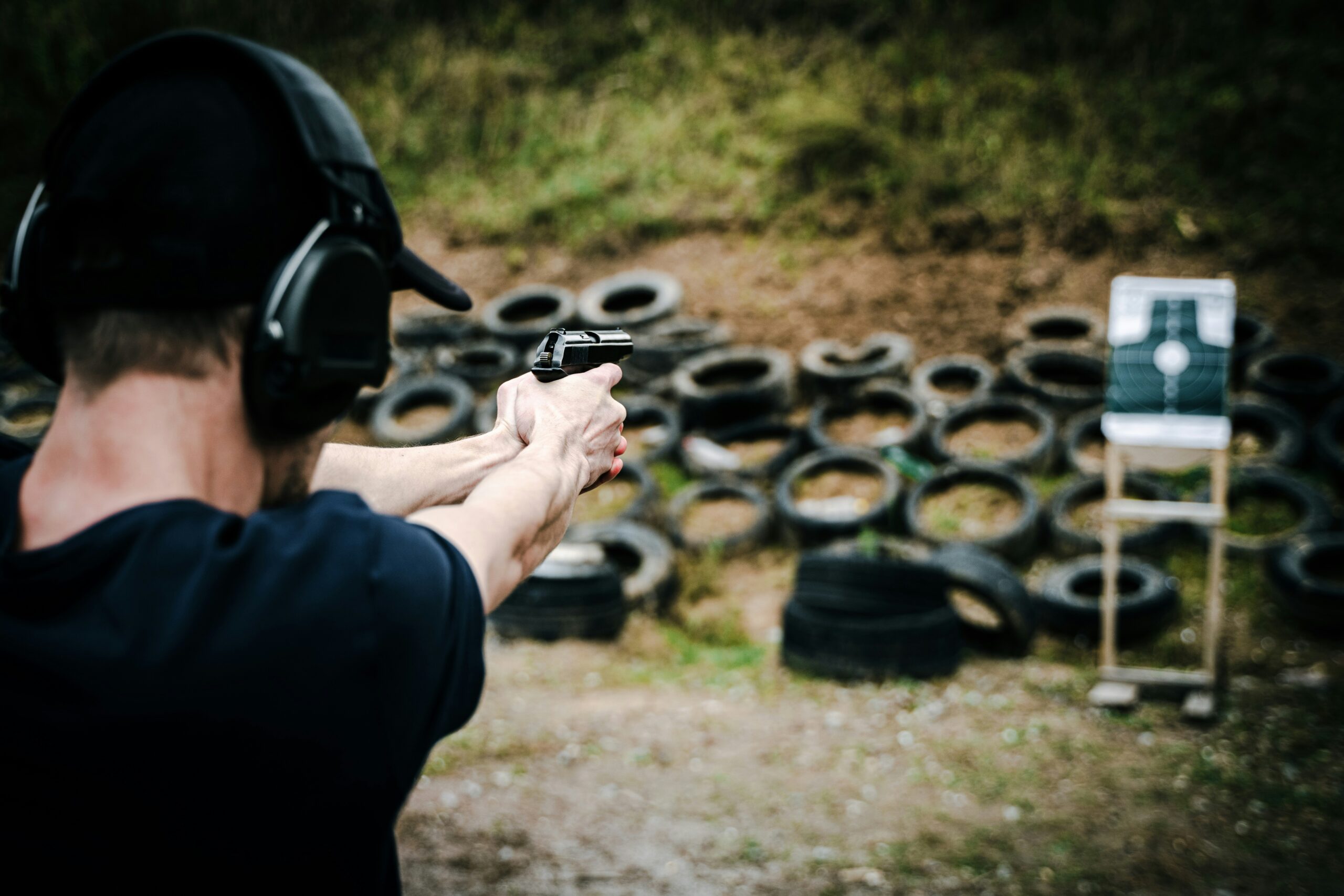
The American South has a long and proud history when it comes to weapons training. From skilled hunters to decorated military veterans, this region is home to some of the best weapons experts in the country. Whether you’re a beginner or looking to improve your skills, learning from the best in the South can change how you handle and understand weapons.
Discovering Weapon Mastery in the South
Weapons training in the South is more than just shooting targets. It’s about discipline, safety, and respect. Southern States instructors are known for blending tradition with modern techniques. This makes learning both effective and enjoyable. You won’t just learn how to shoot—you’ll learn when and why.
By choosing to train in the South, students get access to top-level knowledge passed down through generations. Many instructors have military, law enforcement, or competitive shooting backgrounds. This mix of experience creates well-rounded programs for all skill levels. And with a culture that values safety and respect, students learn to use weapons the right way from day one.
Why the South Leads in Weapons Training
There are many reasons why the South stands out when it comes to mastering weapons. One of the main reasons is the strong local culture around firearms. In many southern communities, weapons are seen as tools—used for hunting, sport, or protection. This makes training a way of life, not just a hobby.
Another reason is access. Many Southern states have wide open spaces, ideal for outdoor shooting ranges and tactical training areas. These settings allow students to practice in real-world environments, not just controlled indoor ranges. This hands-on learning leads to better understanding and faster skill-building.
Southern instructors also tend to focus more on personal responsibility. It’s not just about hitting a target. It’s about understanding the laws, knowing how to store and carry weapons safely, and being mentally prepared. These values are central to every training session.
Also, the supportive community environment found in the South helps new learners feel welcomed. Many towns host weekend workshops or clubs where members can train together. This makes learning less intimidating and more encouraging.
What to Expect from Southern Weapons Courses
If you’re planning to take a weapons course in the South, you’re in for a powerful experience. The lessons are usually built around real-life needs, whether that means self-defense, sport shooting, or hunting skills. Classes often begin with the basics—such as firearm types, parts, safety steps, and local laws. Even seasoned gun owners are usually surprised by how much they learn in just one session.
After covering the basics, courses quickly move into hands-on training. Students learn how to grip, aim, and fire weapons safely and accurately. Instructors offer clear and straightforward feedback, helping each student build good habits right away. Many programs also teach how to move while shooting, reload under pressure, and respond to threats.
Another unique part of Southern training is the focus on mindset. Instructors teach the importance of staying calm, thinking clearly, and avoiding conflict when possible. Knowing when not to use a weapon is just as important as knowing how to use it.
Most programs include live-fire exercises with real firearms. This helps students feel more confident and prepared for real-world situations. Students also leave with a more profound respect for weapons and the responsibility that comes with them.
Learning From Experts with Real Experience
One reason training in the South is so practical is the quality of the people leading the programs. Many instructors are military veterans, police officers, or competitive shooters. They’ve spent years mastering their skills and are now sharing that knowledge with others.
These experts know how to teach in a way that’s clear, direct, and easy to follow. They understand that not everyone comes in with the same background. Some students may be nervous, while others might be overconfident. Good instructors know how to balance support with tough lessons, making sure everyone leaves with stronger skills and better judgment.
Instructors also help students learn about different types of weapons. This includes handguns, rifles, shotguns, and even specialty tools like bows or tactical knives. The South is known for offering a wide range of training options—so students can try different tools and decide which ones fit their needs best.
Many programs also offer one-on-one coaching for more advanced learners. These sessions can focus on specific areas like accuracy, speed, or tactical movement. Whether you’re a beginner or an expert, there’s always more to learn from a Southern States weapons master.
Staying Safe and Responsible with Southern Guidance
Weapons training in the South puts a big focus on safety. Before touching a weapon, every student learns the key safety rules. These include treating all guns as if they are loaded, keeping your finger off the trigger until ready to fire, and always being aware of your target and what’s beyond it.
Southern States trainers often say that being skilled with a weapon means being smart, not just fast. That’s why most programs teach students how to stay calm and make wise decisions. Students learn to think about outcomes, consider the law, and avoid dangerous mistakes.
Legal education is also a key part of training. Students learn when it’s legal to use a weapon, how to carry one correctly, and how to deal with law enforcement if needed. This knowledge helps people avoid legal trouble and handle weapons with complete understanding.
Storage and handling are also covered in detail. Southern instructors demonstrate how to safely store weapons at home, particularly in households with children. This includes using gun safes, cable locks, and proper storage plans.
A good Southern States weapons course, students not only shoot better—they also carry themselves with more awareness and confidence. They understand the risks, the laws, and the right way to protect themselves and their families.